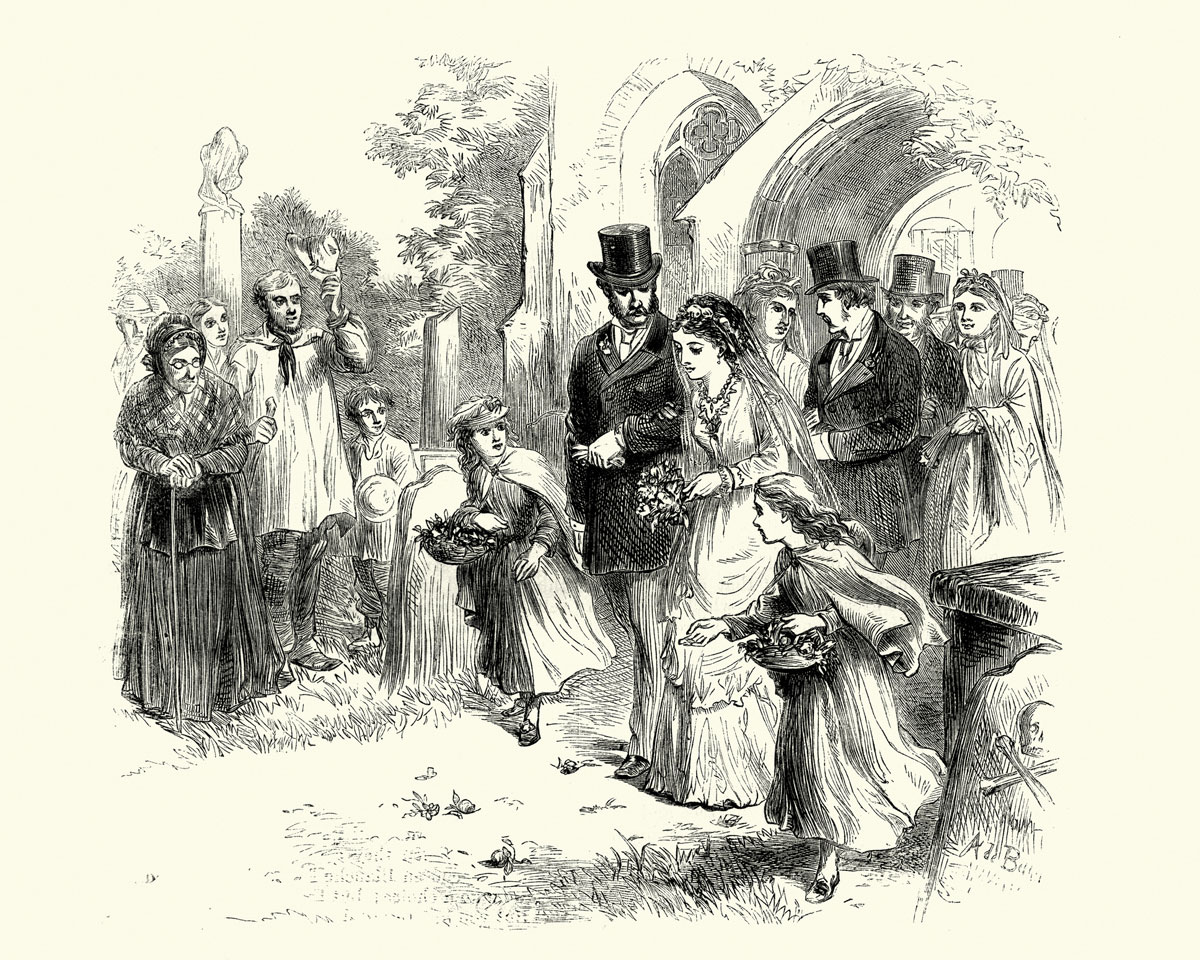Feature
Kramer's Criteria
Hilton Kramer's Life of Cultural Discernment Meant Speaking Truth to Art
by Bradley W. Anderson
When the Russian writer and dissident Aleksandr Solzhenitsyn at long last decided to allow his reclusive privacy in Vermont to be invaded by the New York Times for a 1980 interview, he did so under one condition: he would speak only to one man at the Times: Hilton Kramer, their chief art critic. It was an unusual request, since there were any number of literary or foreign-affairs experts who would have been more logical choices from the perspective of the Times. Solzhenitsyn was perhaps the most famous and unapologetic Russian Orthodox Christian in the world, and yet he chose, as the one man he trusted at the New York Times, a not particularly religious man.
What mattered was that Kramer's reputation for honesty had preceded him, making him someone Solzhenitsyn could depend on to tell the truth—something Solzhenitsyn, too, valued above all other qualities. Sealing the deal was perhaps Kramer's review of The Gulag Archipelago in the Times a couple of years prior. From that essay alone, Solzhenitsyn would have known that Kramer believed what was told in the Gulag—a story of systematic and decades-long terror in the Soviet Union going back to the earliest days of the Bolshevik revolution.
Perhaps just as importantly, Solzhenitsyn knew from Kramer's other writings on art and culture that he was no jingoistic booster of whatever America and the West happened to be up to at the moment. Kramer rather shared the Russian author's skeptical view of where Western culture was headed—deep into a world of nihilism, unbelief, and cultural decadence. While each was coming from a different vantage point—Solzhenitsyn from without, Kramer from within—both were observing the phenomenon and critiquing it with tools fashioned from the flotsam and jetsam of a disintegrating culture.

A Beachhead Established
Hilton Kramer died last year, and with his passing a great friend of what Russell Kirk liked to call "the permanent things" was lost. While he made his name at the New York Times, penning reviews and essays that chronicled the ebbs and flows of contemporary art and culture, his primary legacy is that he was the founder and long-time editor of the influential journal, The New Criterion. Among the broader public, most have probably not heard of that journal and even fewer have heard of Hilton Kramer, but his influence was both broad and deep, extending far beyond the small (about 6,500) circulation of his magazine. Such numbers pale beside those of better-known publications of cultural influence such as the New Yorker or Harpers, let alone major newspapers like the New York Times, but the impact of a periodical cannot be determined merely by circulation figures and advertising dollars.
What Kramer accomplished with the founding (in 1982) and eventual success of The New Criterion was nothing less than the establishment of a beachhead on the hostile coastline of a postmodernist nihilism that had by then firmly captured the fancy of the world of "high culture" in America. We see that nihilism in contemporary art of all kinds: novels and poetry, painting and sculpture, music and theater. Whether expressed with angry destructiveness or sardonic sneers, it is all part of the same Zeitgeist, and Kramer didn't like it. His story is a remarkable one that illustrates how one man, working with a small group of like-minded writers and thinkers, can have a profound impact on the broader cultural scene. At the risk of trivializing it with a common catchphrase, it is the story of how one man can make a difference.
The Journalistic Path
Kramer, a New Englander whose college education was at the well-respected but hardly "elite" Syracuse University, took a path that would be unusual today for a budding intellectual. In spite of being respected and feared as an arts critic by artists and academics alike throughout his career, he self-consciously chose a path as a journalist, proving that one does not need the imprimatur of a university post to engage in rigorous analysis of culture and the arts. As Roger Kimball, current editor of The New Criterion, noted in the lead essay of a special issue (May 2012) devoted to Kramer's memory, one of Kramer's favorite quotations was from Ernest Newman, a music critic for the London Times, who remarked that "journalist" was a term of contempt applied by writers who are not read to writers who are.
That quotation sheds light on Kramer's understanding that it is not enough to have good ideas and sound principles. Those ideas and principles must also be expressed in forums where they can engage other opinion-makers, and thus eventually the broader public. That process of engagement cannot take place solely in the ivory towers of the university or solely at the level of popular journalism; the discourse must simultaneously occur at various levels and in multiple forums. Sometimes cultural and artistic movements begin at the esoteric levels of academia or high culture and then percolate out into popular culture, ending up on television or in the pages of Reader's Digest; other times, changes take place in the opposite direction, beginning with movies or popular music, and ending up having doctoral dissertations devoted to them and college courses taught about them.
Bradley W. Anderson writes from South Lake Tahoe, California. His feature article, "Kramer's Criteria," was the cover piece for the July/August 2013 issue of Touchstone.
subscription options
Order
Print/Online Subscription

Get six issues (one year) of Touchstone PLUS full online access including pdf downloads for only $39.95. That's only $3.34 per month!
Order
Online Only
Subscription

Get a one-year full-access subscription to the Touchstone online archives for only $19.95. That's only $1.66 per month!
bulk subscriptions
Order Touchstone subscriptions in bulk and save $10 per sub! Each subscription includes 6 issues of Touchstone plus full online access to touchstonemag.com—including archives, videos, and pdf downloads of recent issues for only $29.95 each! Great for churches or study groups.
Transactions will be processed on a secure server.
more on biographical from the online archives
more from the online archives
calling all readers
Please Donate
"There are magazines worth reading but few worth saving . . . Touchstone is just such a magazine."
—Alice von Hildebrand
"Here we do not concede one square millimeter of territory to falsehood, folly, contemporary sentimentality, or fashion. We speak the truth, and let God be our judge. . . . Touchstone is the one committedly Christian conservative journal."
—Anthony Esolen, Touchstone senior editor










